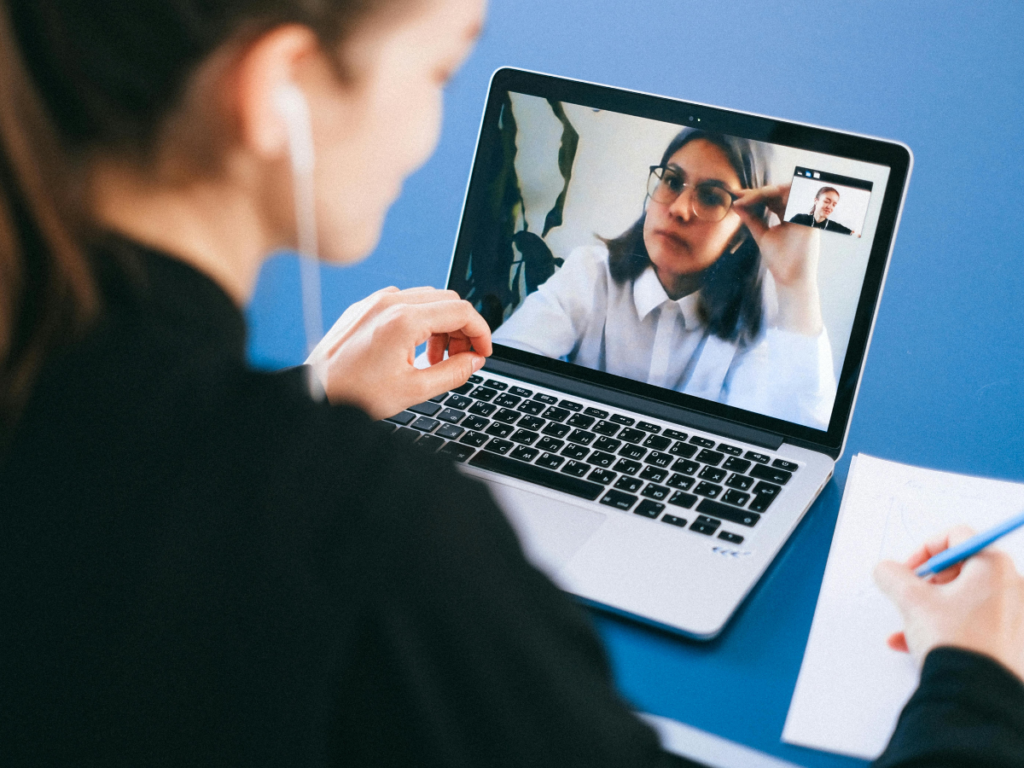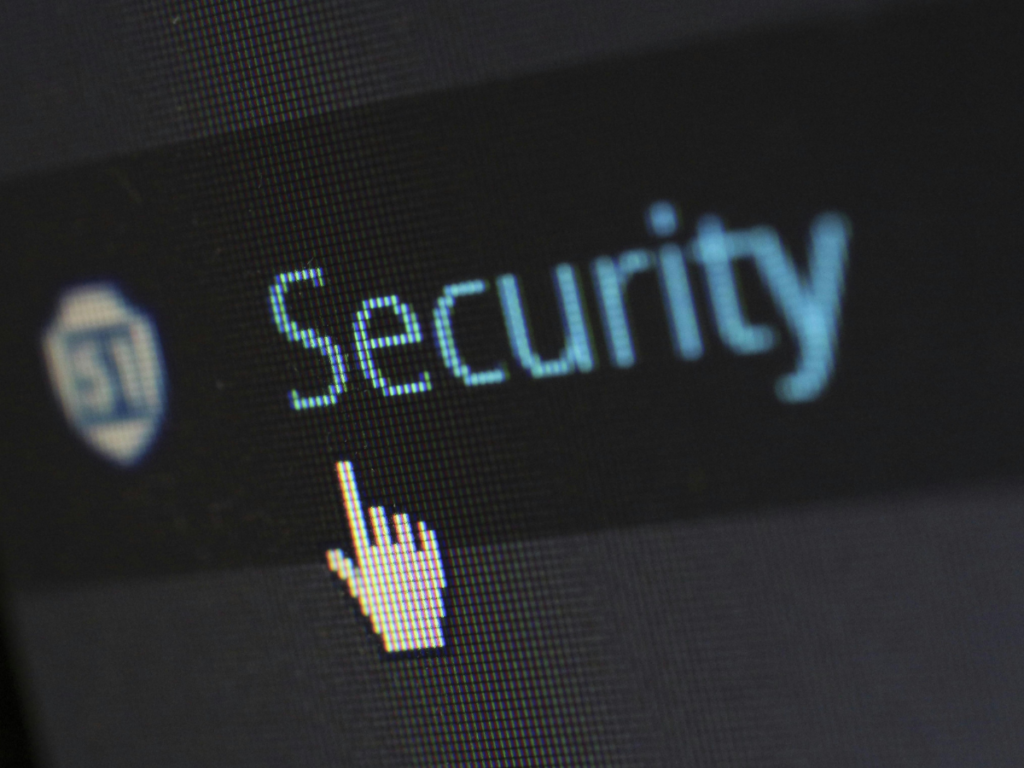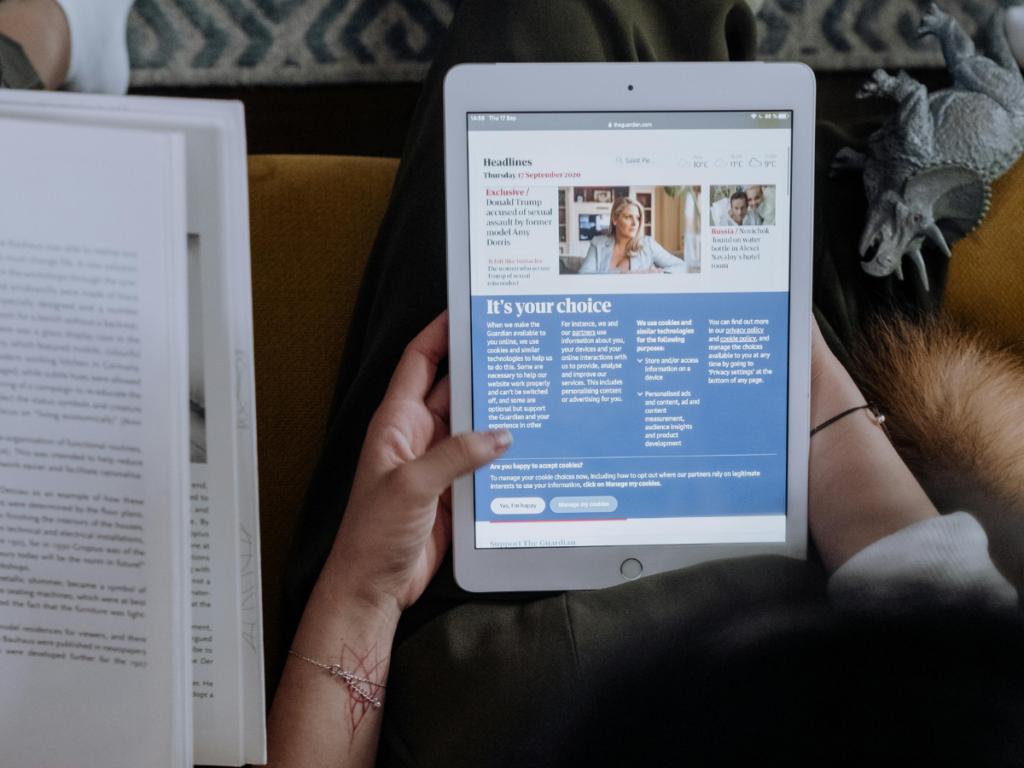According to the United Nations Educational, Scientific, and Cultural Organization (UNESCO), digital literacy is the ability to access, manage, understand, integrate, communicate, evaluate, and create safe and appropriate information through digital technologies suitable for employment and entrepreneurship. Digital literacy also encompasses computer, information and communication technology (ICT), and media literacy.
Undeniably, by mastering digital literacy, we can unlock multiple doors of opportunity while navigating the rapidly evolving digital landscape. This can enhance our hard and soft skills since digital literacy equips us to adapt, communicate, and collaborate in a digital environment. Beyond technical proficiency, digital literacy cultivates critical thinking, problem-solving, and creativity, essential to success in today’s increasingly interconnected society.
With its perks, it is imperative that we, the youth, endeavor to master digital literacy to seize the vast array of opportunities available in the digital age. By equipping ourselves with the skills to navigate and leverage digital technologies effectively, we can enhance our academic and professional prospects and become active participants in shaping the future of our society and economy.
Thus, here is a step-by-step guide to mastering digital literacy effectively:
Understand the Basic

Begin by familiarizing yourself with the foundational concepts of digital literacy. This includes understanding common terminology, knowing how to navigate digital devices such as computers, smartphones, and tablets, and grasping the fundamentals of internet usage. You can also seek guidance from your friends who are tech-savvy. They can offer valuable insights and tips to expedite your learning process, and help with any challenges you may encounter along the way.
Develop Critical Thinking Skills

Digital literacy goes beyond technical proficiency; it involves the ability to critically evaluate information found online. Learn how to assess the credibility and reliability of sources, identify misinformation and fake news, and differentiate between fact and opinion. By doing so, you are one step ahead from most technology-users who surf the web without discernment. You can also consult print media to broaden and deepen your understanding.
Enhance Communication Skills

Effective communication is key in the digital realm. Practice writing clear and concise emails, messages, and documents. Familiarize yourself with different digital communication tools such as social media platforms, video conferencing software, and collaboration apps. In addition, try exploring artificial intelligence (AI) platforms so they can streamline your digital experience. However, bear in mind that the use of AI has limitations. Always be responsible and sensible.
Explore Digital Content Creation

Become proficient in creating various types of digital content, such as presentations, images, videos, and websites. Learn how to use popular software and online tools for content creation, and experiment with different mediums to express yourself creatively.
Strengthen Cybersecurity Awareness

Protect yourself and your digital assets by learning about cybersecurity. This includes understanding common online threats such as malware, phishing, and identity theft, as well as implementing strategies to secure your devices, accounts, and personal information.
Stay Updated

The digital landscape is constantly evolving, so staying updated on new technologies, trends, and developments is important. Make a habit of consuming digital media, participating in online communities, and continuing your education through courses, workshops, and self-directed learning.
Mastering digital literacy is not just a personal endeavor. Still, it is also a collective responsibility. As the future leaders and innovators of tomorrow, it is incumbent upon us, the youth, to embrace digital literacy as a cornerstone of our education and personal development. By doing so, we can harness the transformative power of digital technologies to create a brighter, more inclusive future for ourselves and generations to come.
References:
United Nations Educational, Scientific, and Cultural Organization (UNESCO). 2018, June. A global framework of reference on digital literacy skills for indicator 4.4.2. https://unesdoc.unesco.org/ark:/48223/pf0000265403/PDF/265403eng.pdf.multi
